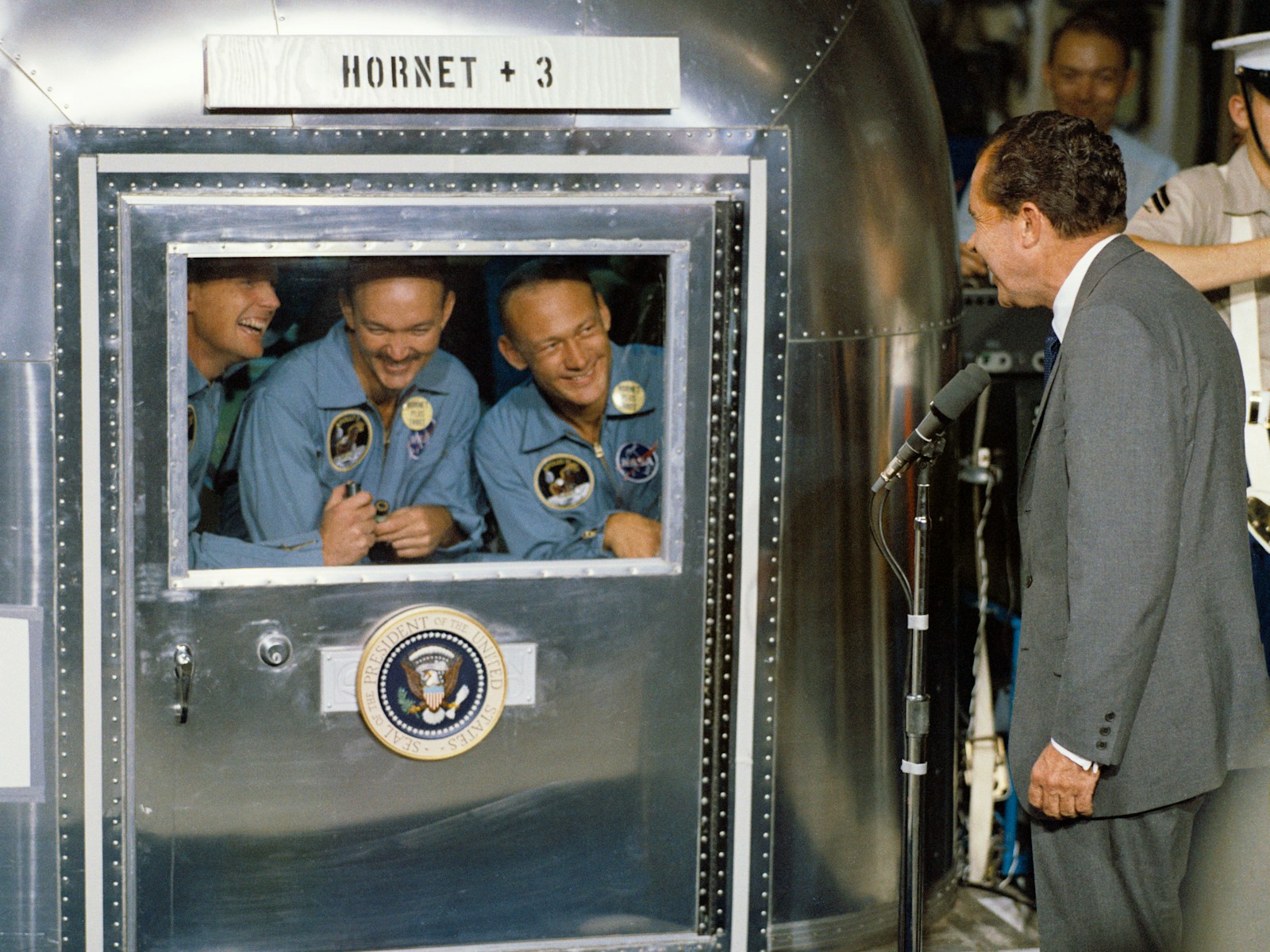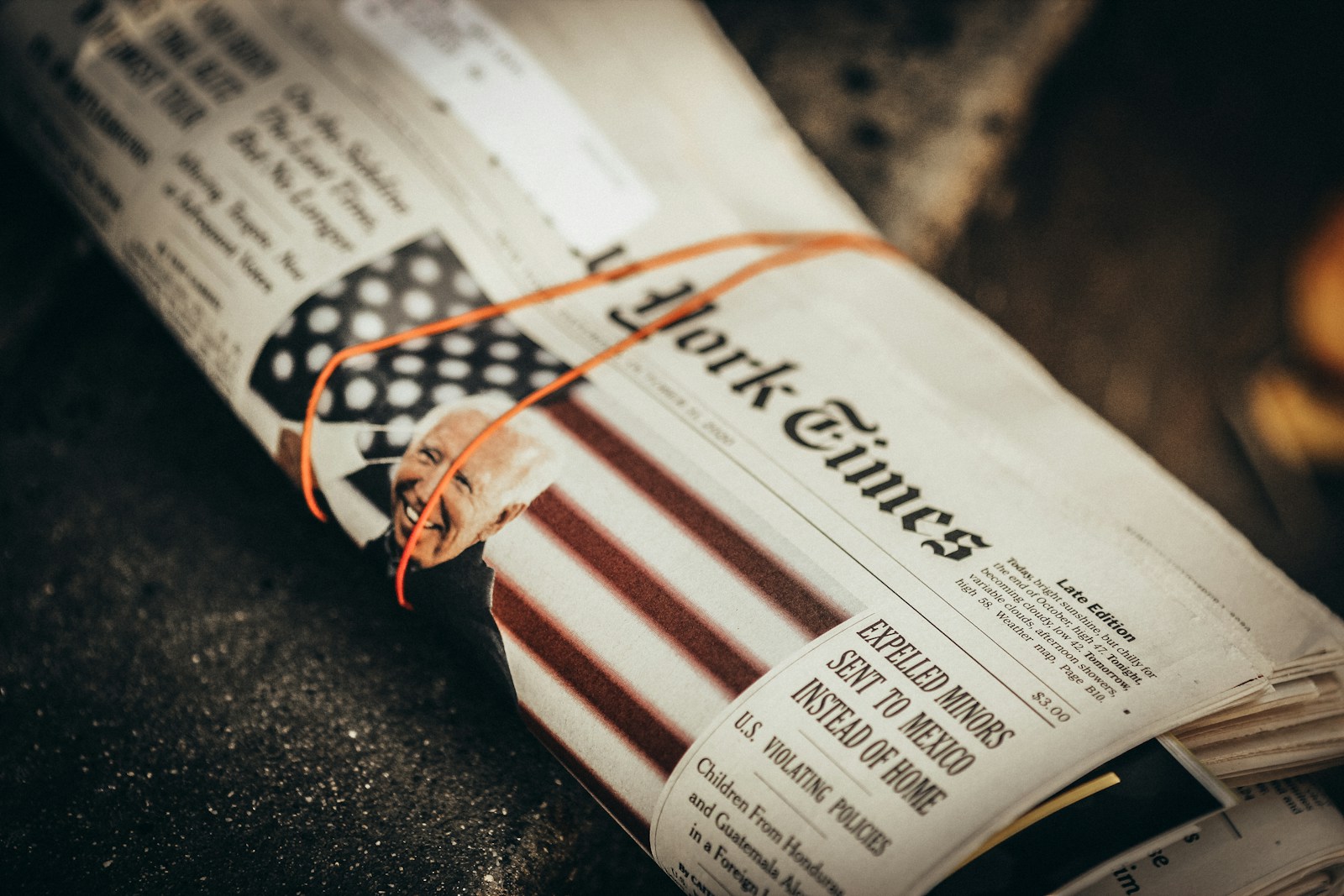Introduction
In a closely contested run-off election, Liberia’s President George Weah has gracefully conceded defeat, setting a remarkable example of democracy in action. The election results, announced by the National Elections Commission, declared the opposition candidate as the winner. Weah’s concession speech emphasized the importance of unity and working together for the betterment of Liberia. This article explores the events leading up to the election, the key contenders, and the significance of Weah’s concession.
Background of the Election
The run-off election in Liberia marked a critical moment in the country’s political landscape. It was held after the initial round of voting failed to produce a clear winner. The election aimed to determine the successor of President Weah, who had served his first term and sought re-election. The process was closely monitored by international observers to ensure transparency and fairness.
The Key Contenders
President George Weah
President George Weah, a former professional football player and Ballon d’Or winner, rose to power in Liberia in 2018. He had promised to bring about change and improve the lives of ordinary Liberians. Weah’s presidency focused on tackling corruption, revitalizing the economy, and investing in education and healthcare. However, his tenure faced challenges, and this election was seen as a crucial test of his popularity and achievements.
The Opposition Candidate
The opposition candidate, who emerged victorious in the run-off election, presented an alternative vision for Liberia’s future. Known for their experience in public service and commitment to democratic principles, the opposition party gained traction among voters who sought change. Their campaign focused on addressing economic disparities, promoting social welfare programs, and strengthening governance.
The Election Campaign
The election campaign period was marked by intense political rallies, televised debates, and grassroots mobilization. Both President Weah and the opposition candidate crisscrossed the country, addressing supporters, and outlining their policies and plans. The campaigns focused on key issues such as unemployment, infrastructure development, healthcare, and education. The candidates also engaged in public debates, allowing voters to assess their ideas and leadership qualities.
The Election Process
The run-off election followed a rigorous process to ensure fairness and credibility. The National Elections Commission oversaw the election, which involved multiple stages, including voter registration, candidate nominations, and a two-round voting system. The first round took place earlier, where no candidate secured the required majority. Consequently, the top two contenders advanced to the run-off election.
The Announcement of Results
After an intense period of vote counting and verification, the National Elections Commission announced the final results. The opposition candidate secured a majority of the votes, emerging as the winner of the run-off election. The announcement triggered celebrations among their supporters, who saw it as a triumph of democracy. President Weah, in a show of statesmanship, congratulated the opposition candidate and delivered a concession speech.
President Weah’s Concession Speech
In his concession speech, President Weah demonstrated his commitment to democracy and the peaceful transfer of power. He acknowledged the will of the Liberian people and expressed gratitude for the opportunity to serve as their leader. Weah emphasized the need for unity and urged his supporters to respect the election results. He pledged his support to the incoming administration and promised to continue working for the betterment of Liberia.
The Significance of Weah’s Concession
President Weah’s concession holds significant implications for Liberia’s democratic process. It sets an example of a peaceful transition of power, reinforcing the country’s commitment to democratic values. Weah’s acceptance of the election results promotes stability and national unity, allowing the new administration to take charge without facing resistance. This smooth transition paves the way for the incoming government to focus on addressing the nation’s challenges and implementing their vision for a better Liberia.
International Reactions
The international community closely followed the election process in Liberia and hailed President Weah’s concession as a testament to the country’s democratic progress. Leaders from around the world congratulated the opposition candidate on their victory and expressed their commitment to working with the new government. This international support bolsters Liberia’s standing on the global stage and offers opportunities for collaboration and development.








